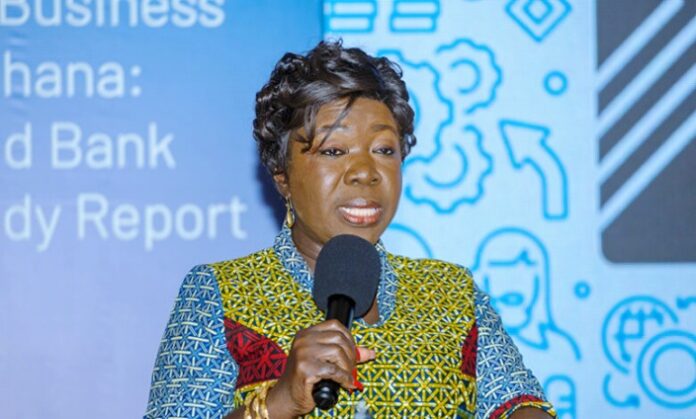Dr. Humphrey Ayim-Darke, President of the Association of Ghana Industries (AGI), has raised concerns over Ghana’s industrial preparedness in the face of global economic challenges, specifically the new 10% U.S. tariff on Ghanaian exports, including cocoa.
Speaking on Joy News’ PM Express Business Edition on April 11, Dr. Ayim-Darke emphasized that despite years of rhetoric around local empowerment and industrialization, Ghana’s economy remains structurally vulnerable. He warned that the country’s weak implementation of the local content policy has left it exposed to external shocks.
“We are concerned with this rhetoric that, yes, it is okay. We can recalibrate our system and take advantage of it. Recovery couldn’t take advantage of the situation to industrialize,” he said, expressing frustration that structural changes have not materialized despite assurances from government representatives.
He also highlighted the missed opportunity during the COVID-19 pandemic to transform Ghana’s manufacturing base. Dr. Ayim-Darke pointed out that although local content legislation exists, enforcement has been inconsistent, which has hindered meaningful progress.
Citing the energy sector, he recalled a concerted effort to promote local production of cables, conductors, and meter assembly plants with the Electricity Company of Ghana (ECG). However, he questioned the long-term success of these efforts and noted the ongoing dominance of imports in the country’s economy.
“The structure of the economy is still highly dominated by imports,” he remarked. He further questioned the effectiveness of structural reforms and the country’s ability to take charge of its economic destiny if such issues remain unresolved.
Dr. Ayim-Darke’s comments come as the Biden administration imposes a 10% tariff on Ghanaian exports, including cocoa. He referred to the tariff as another “external factor” with significant implications for the economy, stressing that the government must go beyond reassurances and tackle the obstacles impeding internal capacity building.
“Even with this Liberation Day declaration, it’s full of talk. What we need is deliberate execution, not just declarations,” he concluded.

